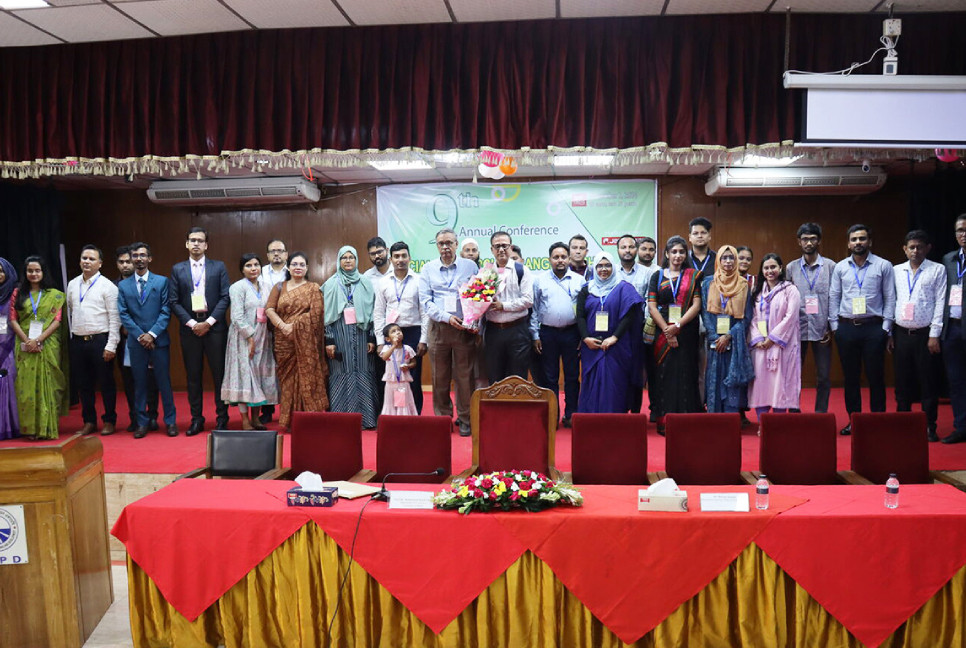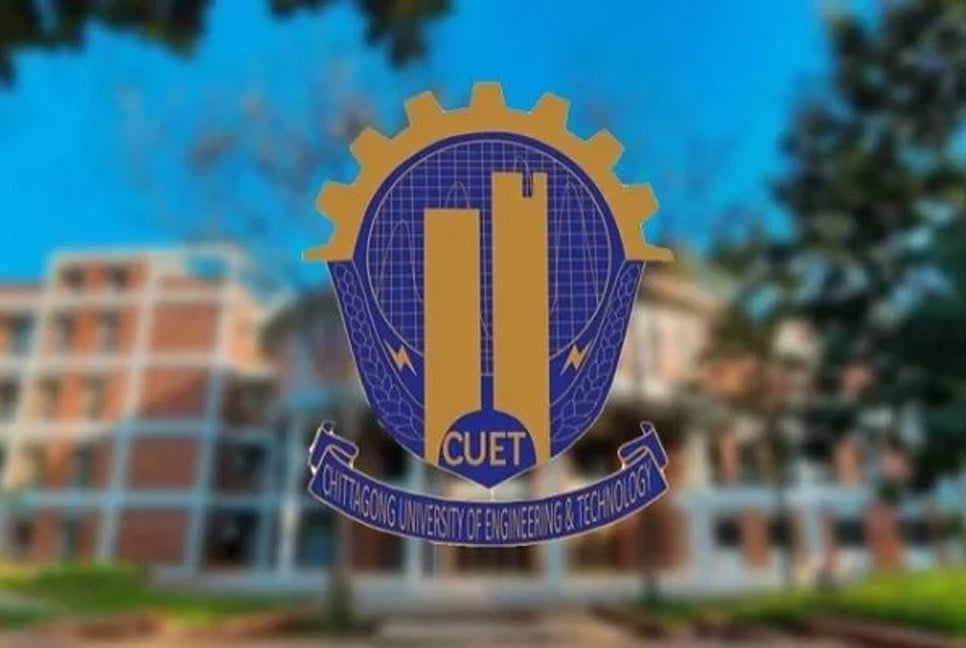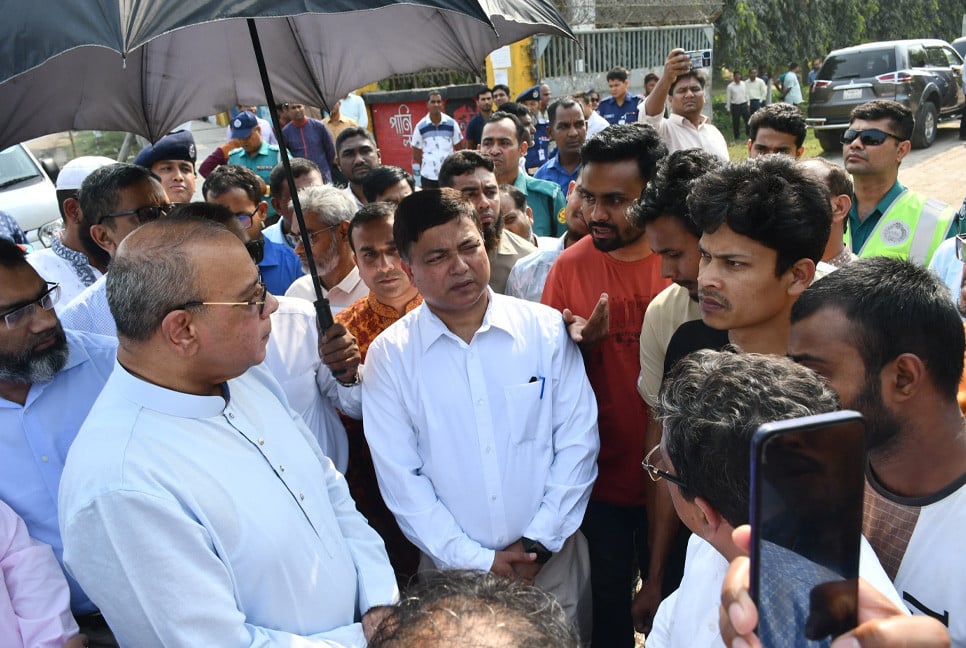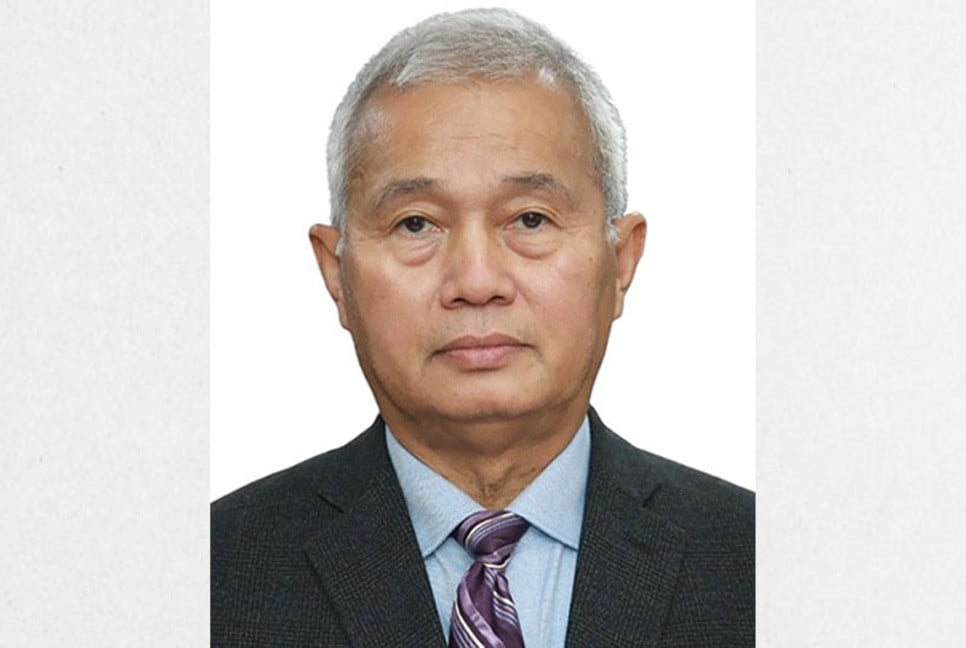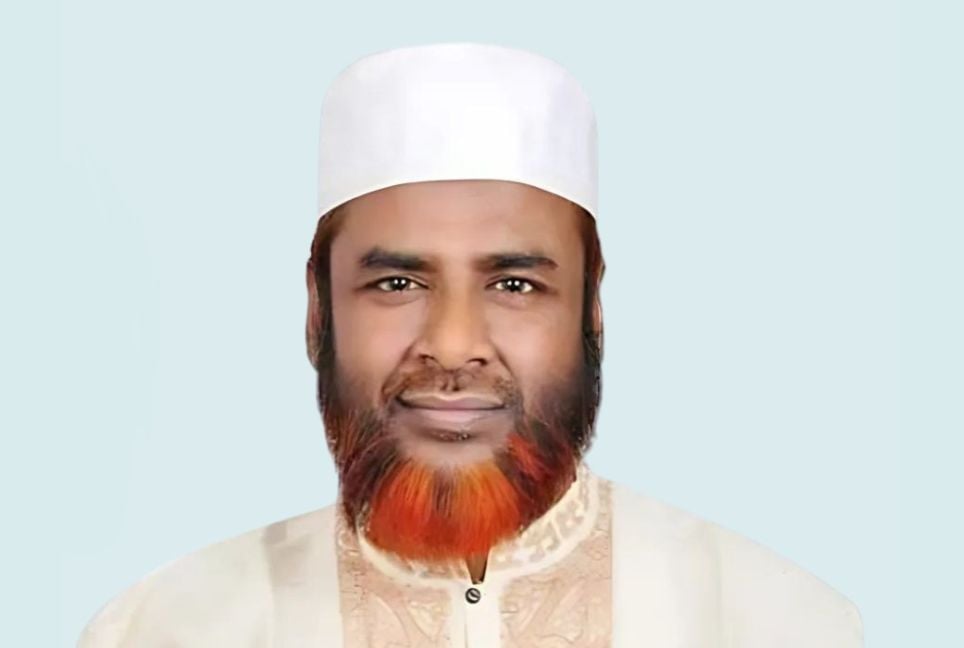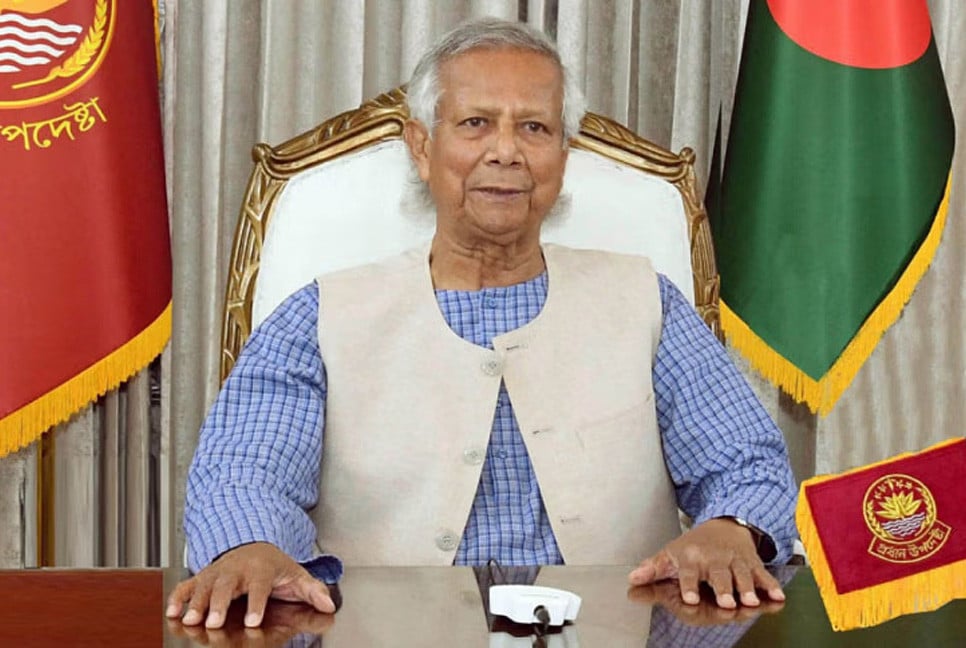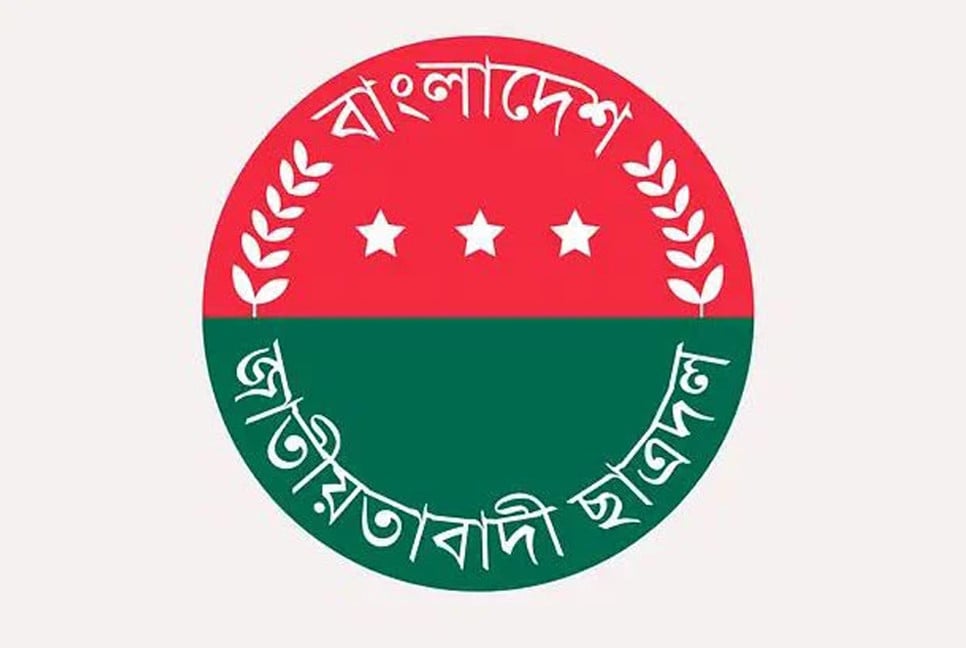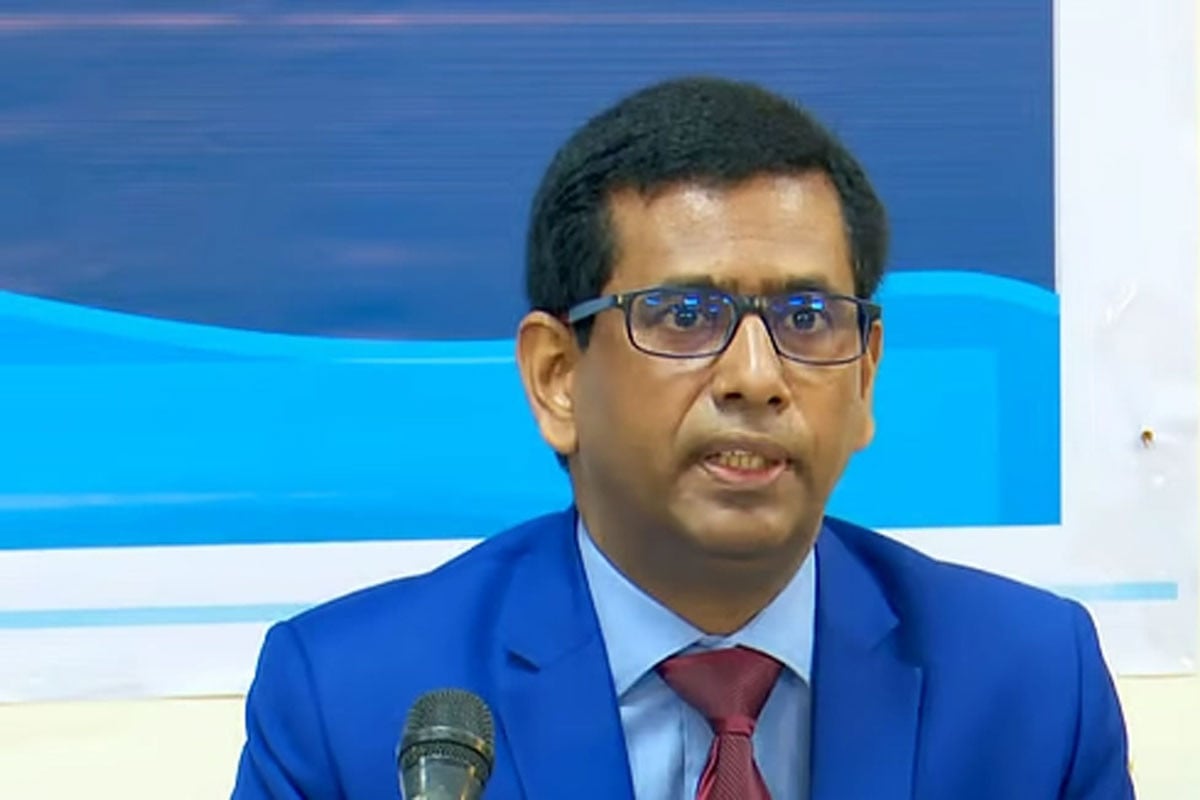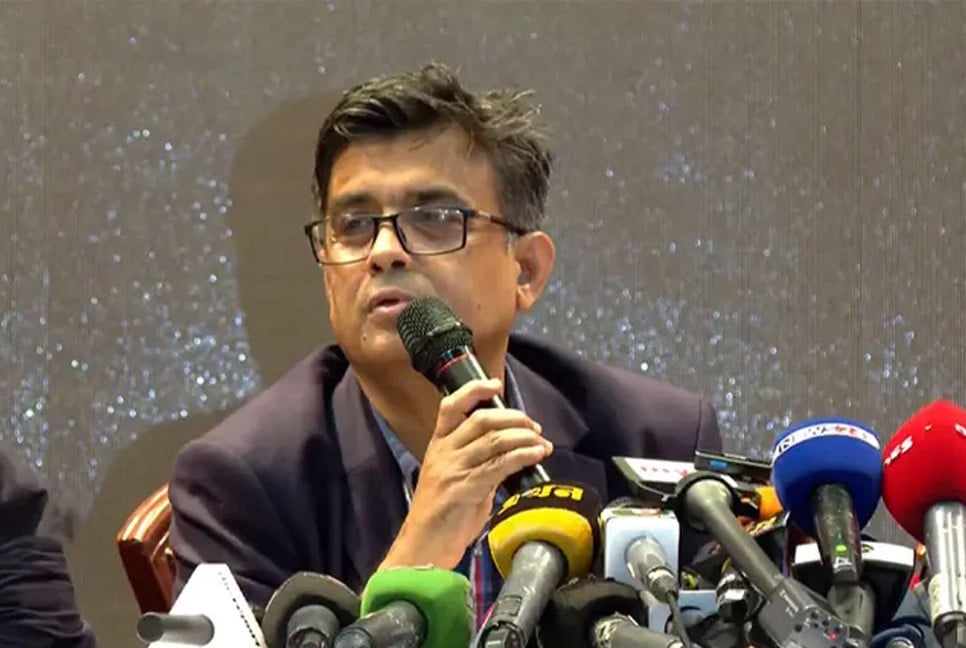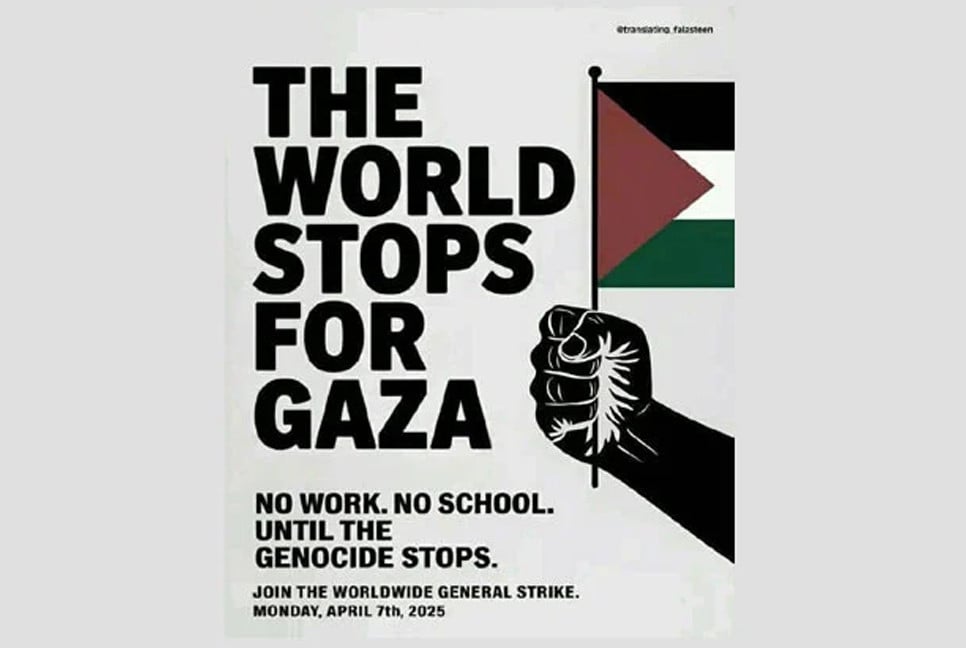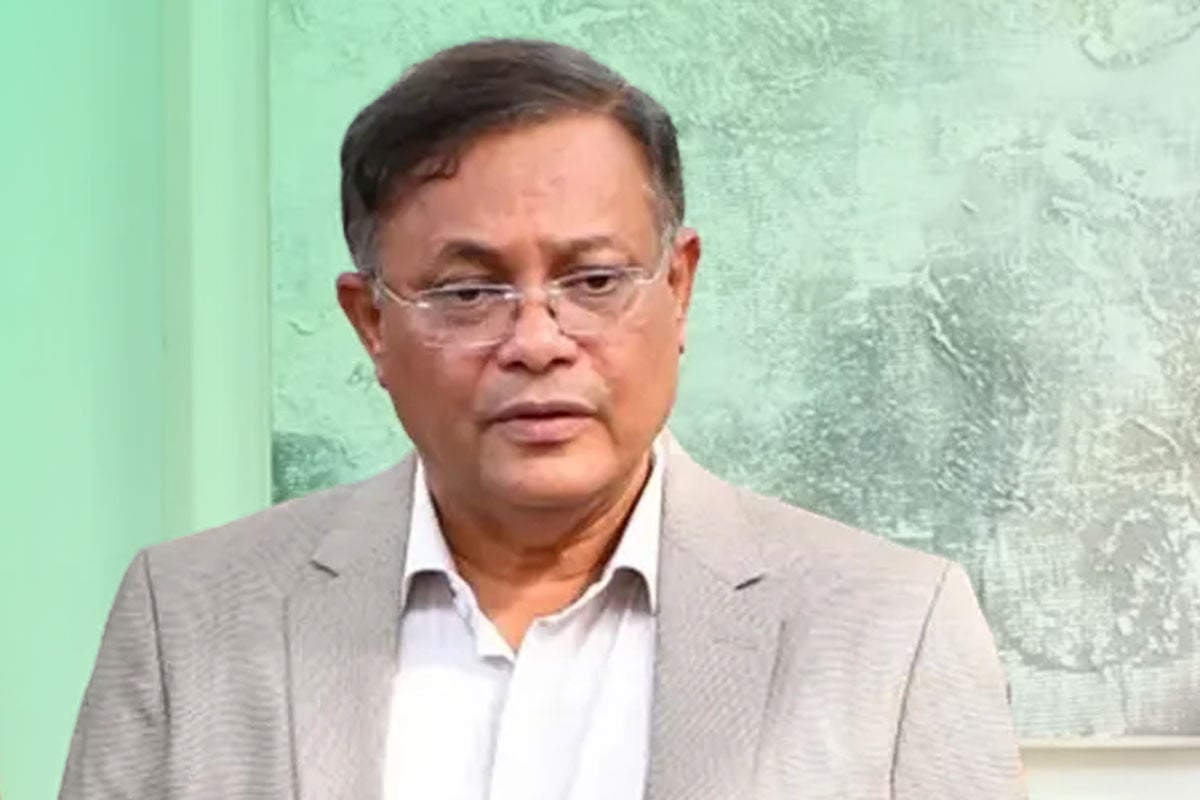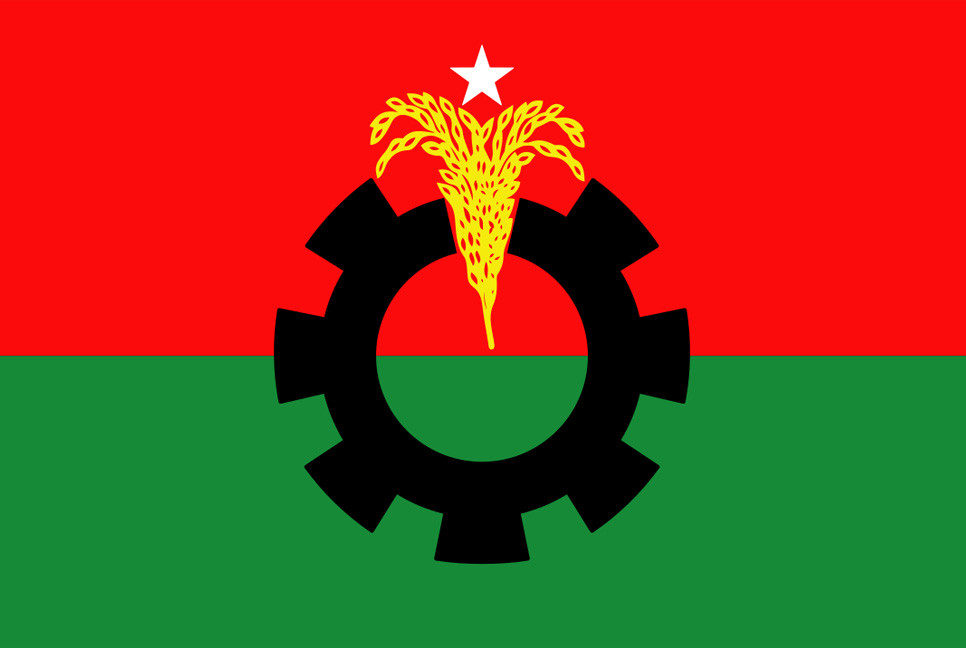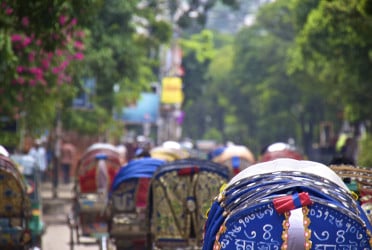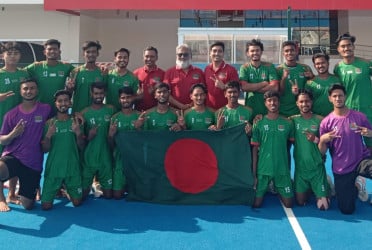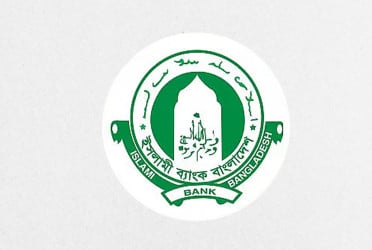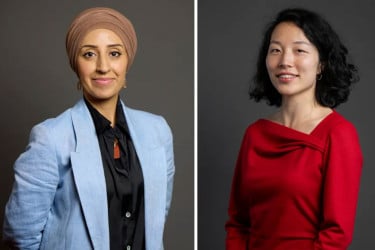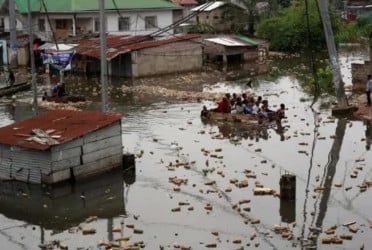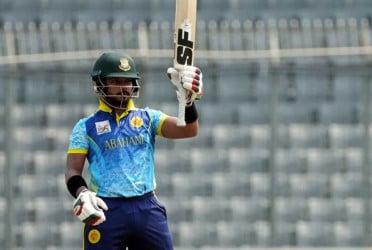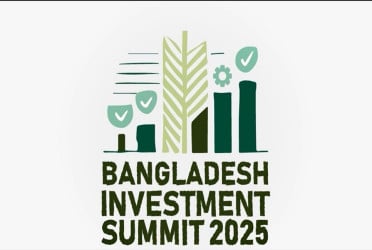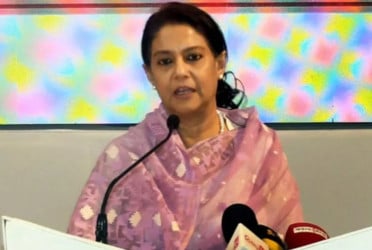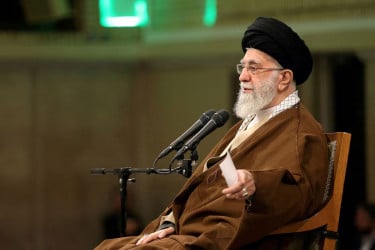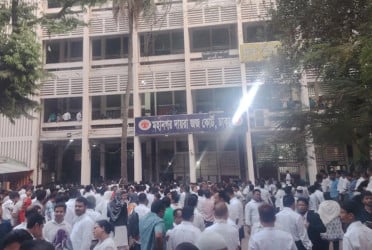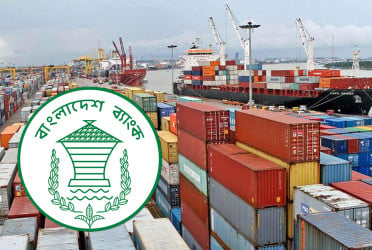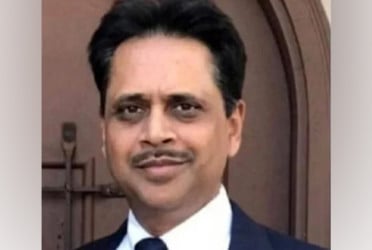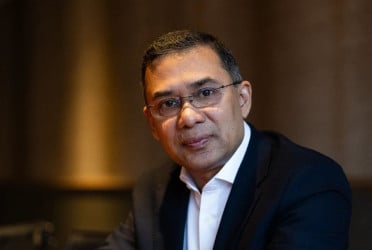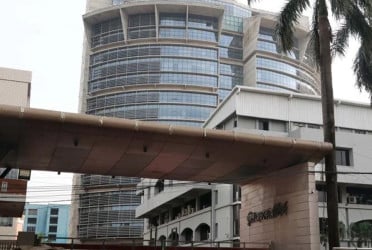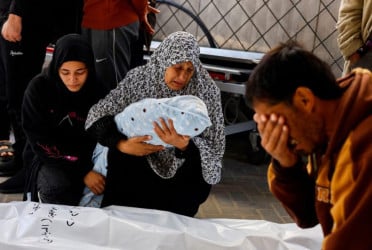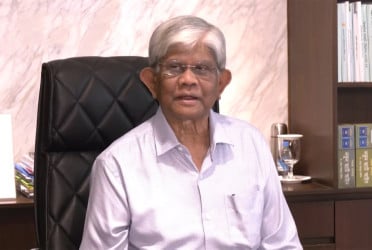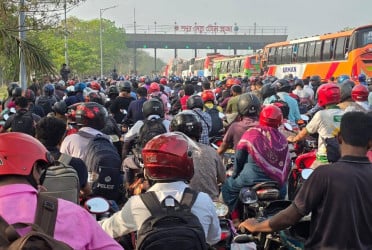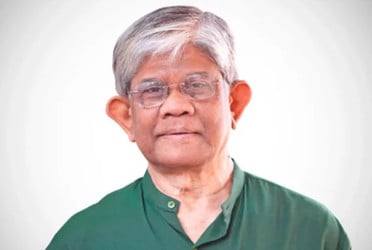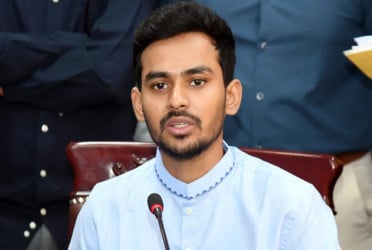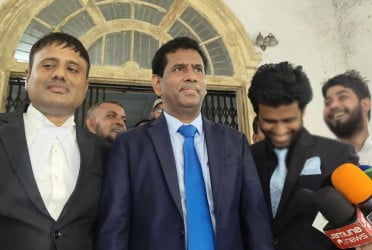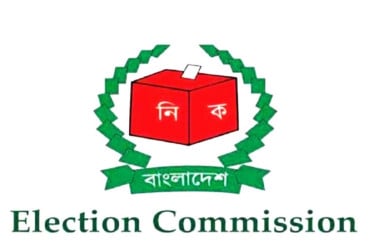Discrimination in the research sector have become increasingly apparent. Certain institutions consistently receive funding for research projects, while others cannot be engaged in research activities at all.
At a recent conference, speakers emphasized the importance of considering prior experience, nature of work, and skilled personnel when selecting research institutions for each project.
The 9th conference, organized by the Bangladesh Institute of Social Research (BISR) Trust at the National Academy for Planning and Development (NAPD) in Nilkhet, Dhaka, saw prominent researchers from the country express this viewpoint. BISR has been hosting this national conference annually during its anniversary month, focusing on social research in Bangladesh.
This year’s conference featured the presentation of 28 new research papers on four themes: gender, economy, environment and climate, and public health, contributed by students, faculty, and researchers from different universities and research institutions, both domestic and international.
Renowned scientist Dr. Abed Chaudhury, the inventor of the “Panchabrihi” rice, attended the conference as the chief guest.
He highlighted the importance of social research, noting that the term "Panchabrihi" comes from the ability to harvest the same crop five times in different seasons from a single planting.
He said, “Science is completely absent from our consciousness; we should develop our sense of science. Our Dr. Kudrat-i-Khuda and Professor Salam have provided some support for physics.”
Dr. Khurshed Alam, prominent sociologist, researcher, and chairman of BISR Trust, pointed out the discrimination in funding among research institutions, stating that some receive allocations while others do not, despite their qualifications. He called for an end to this inequality.
“Different institutions and individuals also voiced concerns about the lack of funding for research. While this claim is valid, it is equally true that a significant amount of allocated funds for higher education and research institutions remains unutilized,” he added.
Dr. Khurshed noted that some researchers are showing less interest in research, and addressing discrimination in funding could motivate them to engage more.
Additionally, Khurshed Alam called for transforming “One Bangladesh” towards “Number 1 Bangladesh.”
In the themed sessions, top university educators led discussions, allowing a new generation of researchers to present their papers.
A total of 28 research papers were presented at the conference. Teachers, students, and researchers from over 30 universities participated.
The conference highlighted critical issues related to gender and socioeconomic challenges in Bangladesh. One paper discussed the structural barriers faced by Bangladeshi female students in sports-related courses, emphasizing the need for systemic changes to enhance their participation. Another study examined the dire conditions of street children and child laborers in Dhaka, shedding light on their vulnerability and exploitation. Child-led advocacy efforts were showcased as a means to secure rights for children in the brothel community of Daulatdia, emphasizing empowerment and community engagement. Additionally, a technical exploration of Hyperledger Fabric’s interoperability aimed at transforming marriage and DenMahr transactions illustrated innovative solutions to societal issues.
The economy session of conference featured studies on consumer behavior and socioeconomic influences in Bangladesh's economy. China's investments and the context of debt trap diplomacy was discussed by a researcher.
The Environmental Session addressed nine papers critical themes such as microplastics, energy conservation awareness, and drinking water availability in coastal region, Landfill site suitability, etc.
The conference addressed critical public health issues in Bangladesh, focusing on various vulnerable populations. A qualitative study explored occupational health risks faced by women workers in the garment sector in Cumilla, while another paper assessed secondary school students' knowledge of adolescent and reproductive health in Khulna City. Additional research examined the association between psychological distress and food insecurity among university students, as well as the mental health conditions of individuals in relation to employment status in the post-COVID-19 era, highlighting the need for improved access to health services and food safety practices across different demographics.
The Bangladesh Institute of Social Research (BISR) is a non-governmental, non-profit, non-political organization focusing on social justice, development, and human rights. It aims to promote social change and improve the quality of life for marginalized communities through research, educational support, and advocacy for policy making as well as change.
(Source:The daily Sun)
bd-pratidin/Rafid

